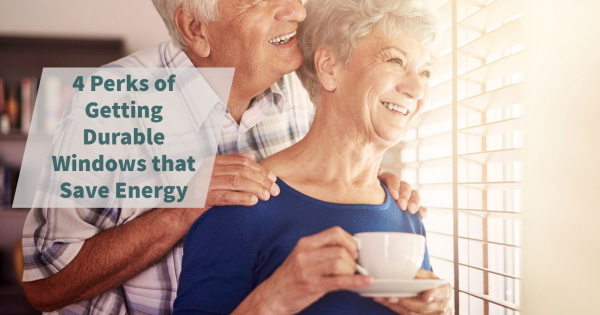When it comes to home improvements, there’s a lot of talk about kitchen and bathroom remodels. Homeowners are also encouraged to replace components like roofing systems and HVAC systems when they have reached the end of their life expectancy. However, one often overlooked component is your windows. Have you ever considered that residential windows also have a lifespan?
The Importance of Windows
First, let’s look at why residential windows are worthy of attention and should be included in home improvement projects. The truth is, though you may not pay your windows a lot of attention, your house wouldn’t be complete without them. Residential windows are there to let natural light in while providing you with a good view of the scenery outside. When your windows are in good condition, they prevent draughts, so your HVAC system doesn’t have to work hard. This increases the energy efficiency of your home and keeps your interior environment more comfortable. On top of that residential windows offer safety, security, and curb appeal, and replacing your windows can even increase the life expectancy of your windows.
What’s the Lifespan of Residential Windows?
According to industry experts, the average lifespan of residential windows is between 15 and 20 years. So, it’s safe to say that windows are pretty durable. However, as your windows near the end of their life expectancy, their performance decreases, and they may break down frequently. Even residential windows made for high-quality material experience wear and tear over time. Old windows are responsible for air leaks and draughts that make your home uncomfortable. The surprising thing that most people might not know is that old windows also result in high energy bills. These add up over time so you can actually save money by installing new residential windows.
Should You Replace Your Residential Windows?
If you’re noticing issues like condensation between the panes and have difficulty opening or closing your windows, then it’s time for a window replacement. The biggest indicator that you need to replace your windows is when they have are over 15 years old. You’ll be surprised at the benefits of replacing your residential windows which include enhanced home comfort, improved energy efficiency, and added value to your home.
In a nutshell, what you may not have known about the lifespan of your windows is that after the 10 or 15-year mark, your windows need to be replaced. If you’re interested in window replacement, contact us today.


